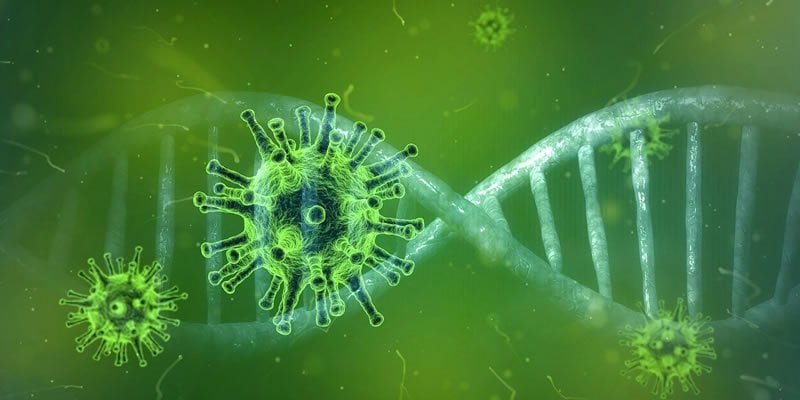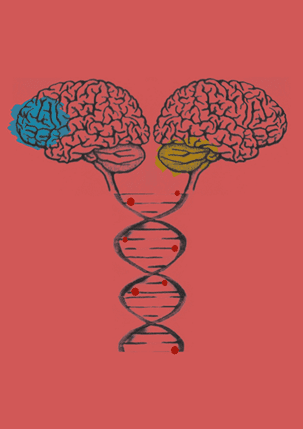We've all heard of genetically modified organisms, but, specifically, what about goats? These creatures are genetically modified in order to produce certain pharmaceuticals and materials in their milk. For example, BioSteel goats have been genetically modified to produce the protein from Golden Orb Weaver Spiderns , which means that the protein from the spider was taken and transferred to the goats genome. Thus. often, goats are also referred to as "biofactories."
Source: https://www.postnatural.org/Biosteel-Goat#:~:text=BioSteel%E2%84%A2%20Goats%20have%20been,clavipes)%20silk%20in%20their%20milk.&text=It%20is%20one%20of%20several,other%20materials%20in%20their%20milk.
































